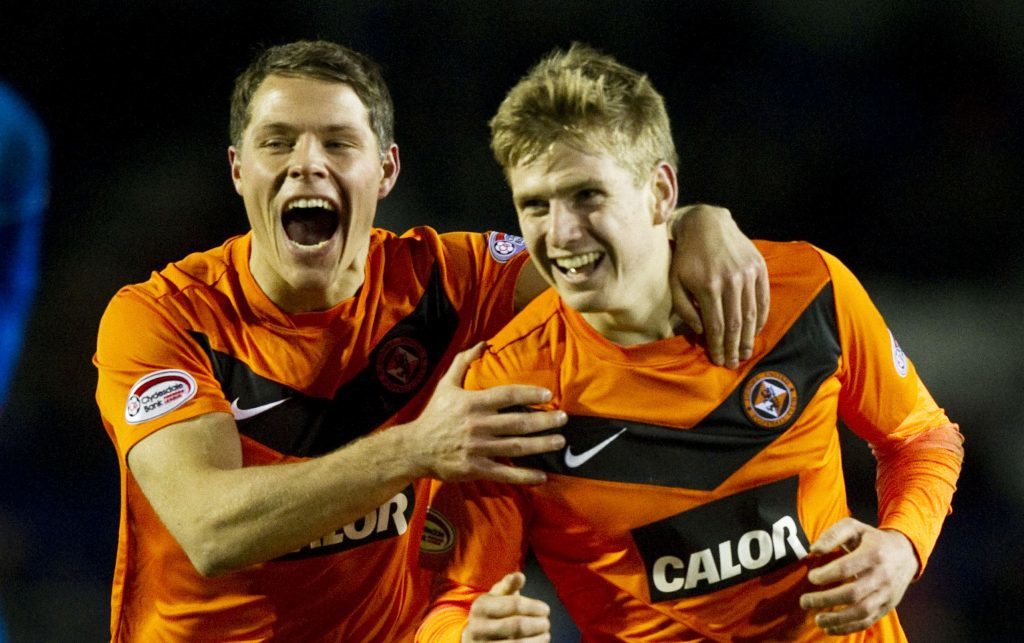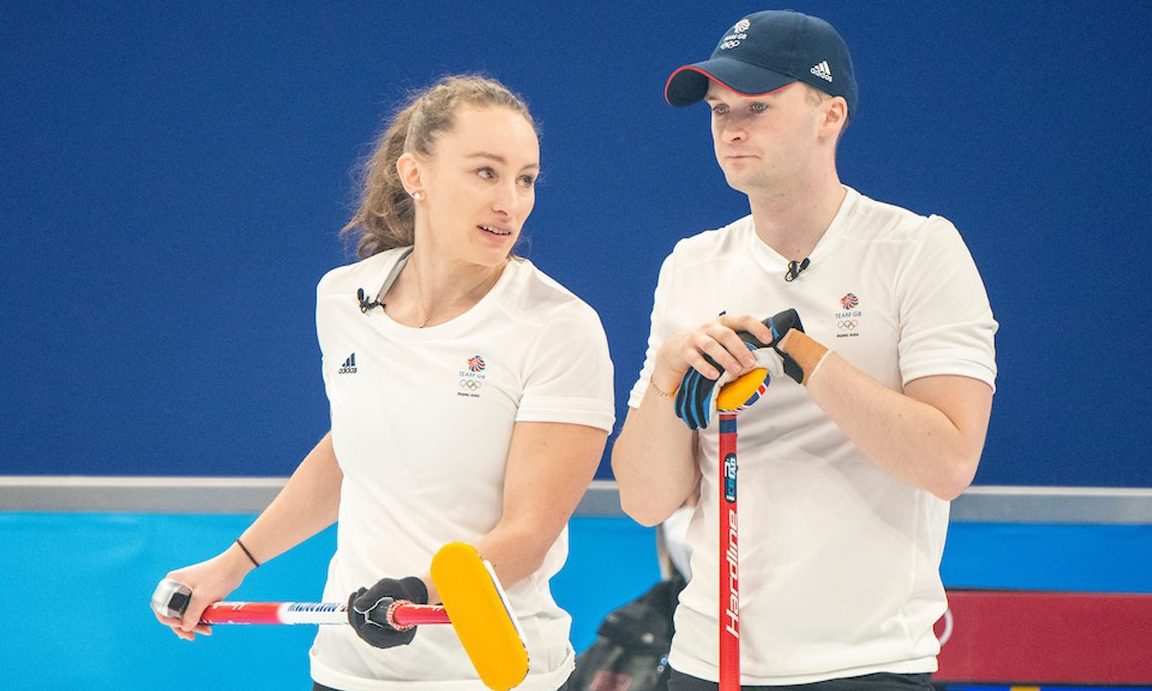It’s been quite a week for current and former footballers taking the state of our national game to task.
Firstly Andy McLaren, former star of the wing at Dundee United, blasted the lack of facilities and the prohibitive cost for kids in working class areas to get football coaching.
He argued that many talented footballers were being denied, and overlooked, because it was too expensive for them.
Secondly, Malky Mackay the SFA’s Performance Director called on young aspiring players to work harder on their weaknesses, improve their athleticism and to be prepared to sacrifice.
He pointed to the example of Dundee Hawkhill Harrier Laura Muir and tennis superstar Andy Murray as ones to follow, saying the pair worked harder than anyone else.
Then John Rankin, also formerly of Tannadice and a players’ union representative slated some younger players for being keener to get to Nando’s chicken restaurant and then the cinema, than do a bit of extra practice in the afternoon in an effort to make the top.
So are we rearing a nation of ungrateful, spoilt, whingeing, want it on a plate players, or is it a bit more complex than that?
Lack of facilities, cost and opportunity to play are one thing, attitudes are another.
There’s no doubt in my mind that ability is no longer enough to make it to the very top in football. The playing field has been levelled by many players who are prepared to slog the extra hours in training to narrow the gap between themselves and others with more innate talent, but who won’t work as hard.
Players with great ability, but who haven’t worked on the essential physical elements, often find that the sheer speed of thought and movement required in modern football leaves them stranded as the game passes them by.
Stamina, core strength, flexibility, deftness of touch, and the willingness to exceed the pain barrier when the body aches, are all part and parcel of the full package required to succeed in football. All of those things can be improved upon with hard work and extra hours in the gym, and on the training pitch.
A willingness to persevere when prospects look dim is also the mark of a great player. Stuart Armstrong looked a class act at Dundee United but his move to Celtic saw him falter and seemingly hit a plateau.
Armstrong is a highly intelligent young man though, and under the tutelage of manager Brendan Rogers, and a willingness to work through his lack of form, he has prospered enormously, to the stage where his Scotland performance last weekend was described by manager Gordon Strachan as the best debut he’d seen from a Scotland player.
That resurgence speaks volumes for his ability to demand more from himself to unlock his undoubted ability.
The drive and determination required to do that though will not be prevalent in every young player. That’s where upbringing, good coaching, discipline, desire, and hunger, come to the fore.
The football world is full of ‘I could’ve been a contender’ types. The real world is full of guys who actually did it.










